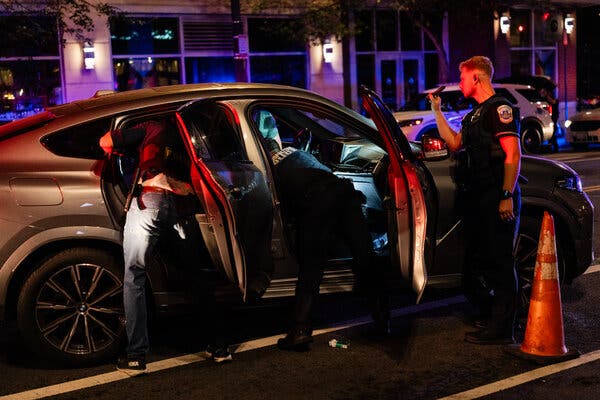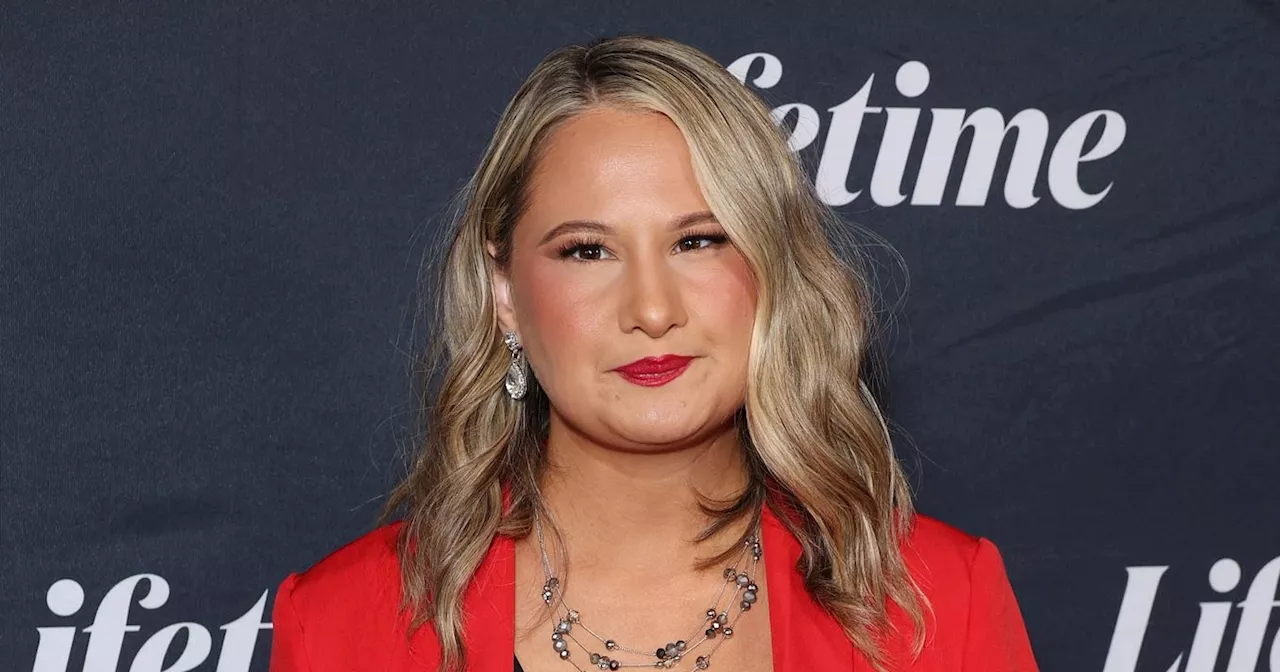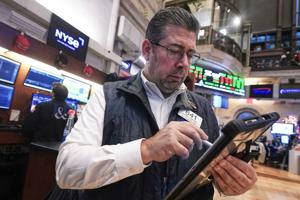Trump’s Federal Crackdown on Low-Level Crimes Sparks Controversy

The recent enforcement of federal law in Washington D.C. has drawn significant scrutiny as low-level arrests are being escalated to federal charges under the guidance of the Trump administration. During a visit to Southeast Washington, President Donald Trump showcased a strong stance on crime, standing alongside police officers and members of the National Guard. This new approach marks a departure from traditional local policing methods, as evidenced by a series of cases that highlighted the implications of this federal takeover.
In a federal courtroom, several defendants faced charges that typically would have been managed at the local level. On a Thursday afternoon, a man was arrested for possessing an open container of alcohol, while another faced allegations of threatening the president after a drunken outburst. The contrasting severity of these cases raised concerns among defense lawyers and even some prosecutors about the motivations behind this crackdown.
One notable case involved Mark Bigelow, a 28-year-old part-time delivery driver for Amazon. He was arrested early on August 19, 2023, while sitting in a van parked in Northeast Washington. Law enforcement officials, including agents from the FBI and ICE, stopped the vehicle after spotting an open container of alcohol. Bigelow’s attempt to leave was thwarted when officers arrested him for possession of an open container, a misdemeanor.
Following his arrest, Bigelow reportedly became confrontational, allegedly kicking an ICE agent. This incident led to more serious charges of assaulting a federal officer, which could result in a maximum sentence of eight years in prison. His attorney, Elizabeth Mullin, criticized the federal response, stating that Bigelow was a victim of the heightened enforcement atmosphere created by the president. She emphasized, “He was caught up in this federal occupation of D.C.”
Another case, that of Torez Riley, 37, has sparked debate within the U.S. attorney’s office concerning the legality of his arrest. Riley was taken into custody at a Trader Joe’s for allegedly possessing two handguns. Prosecutors had initially considered dismissing the case, citing concerns over an unlawful search, but were pressured to pursue charges following Trump’s directives.
While some officials contended that the decision to proceed was based on the facts of the case, others argued it was influenced by the political climate. In a statement, Jeanine Pirro, the U.S. attorney for the area, defended the prosecution’s approach, asserting, “My job is to prosecute crime in what was one of the most violent cities in the world.”
The legal ramifications extend beyond individual cases; they touch on broader constitutional concerns. Prosecutors worry that a dismissal in cases like Riley’s could lead to unfavorable precedents affecting police search procedures in Washington D.C.
Riley’s first court appearance coincided with Trump’s public display of support for law enforcement. Pirro addressed officers, claiming her office would ensure the most serious charges are pursued to maintain law and order.
Another alarming case involved Edward Dana, 30, who was arrested for allegedly threatening the president. Following a disturbance at a restaurant on August 17, he reportedly made aggressive statements while in police custody, including vows to “kill the president.” His lawyer argued that Dana, who has a history of mental illness, posed no real danger, suggesting the greater threat lies in the presence of federal agents on the streets.
Judge Moxila A. Upadhyaya expressed frustration during the hearing regarding the approach taken by the prosecution, emphasizing the need for common-sense applications of the law. The ongoing situation has created a strain on judicial resources, illustrating the complexities of navigating new federal policies in a city accustomed to local governance.
As federal agents intensify their presence in Washington D.C., the implications for civil liberties and the judicial process remain a pressing concern. The outcomes of these cases will likely shape the future of law enforcement in the capital and beyond, highlighting the tension between aggressive crime-fighting measures and the protection of individual rights.






